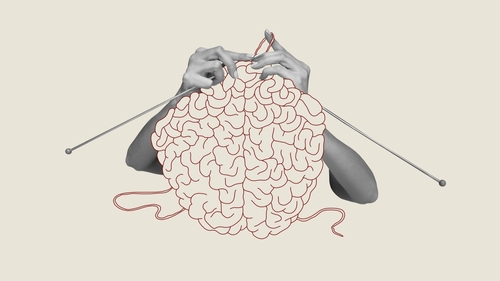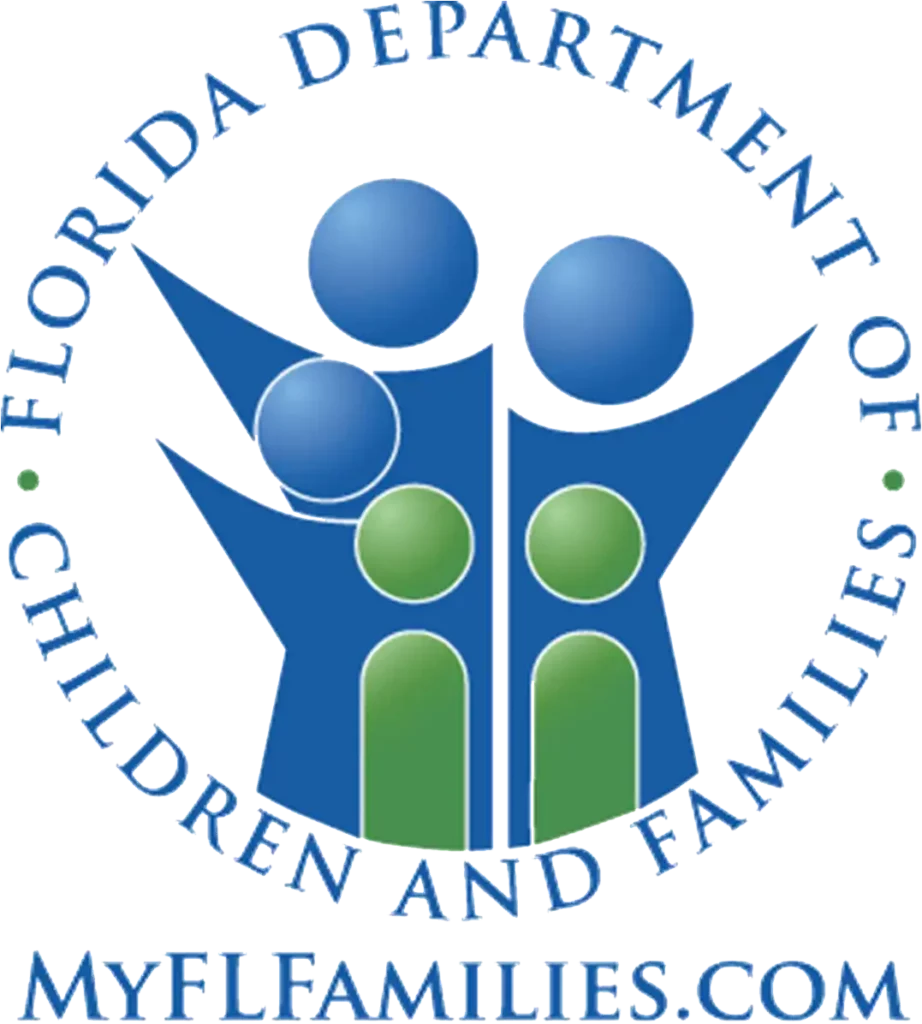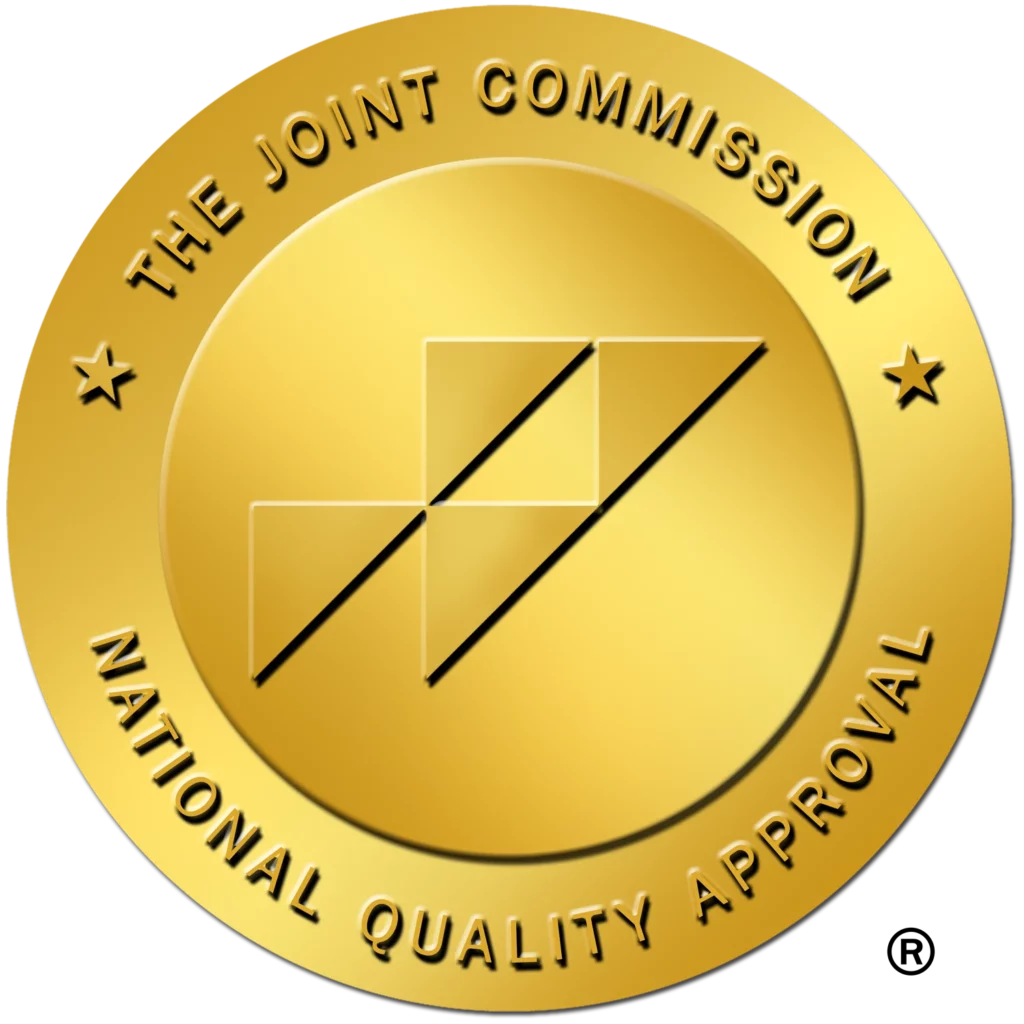Looking for a TRICARE Drug Rehab?
This entry was posted in Addiction News and tagged on April 23, 2019 by Justin Baksh, MS, LMHC, MCAP, Chief Clinical Officer.

Foundations Wellness Center is TRICARE Certified
Foundations Wellness Center is proud to announce that we are now a certified TRICARE drug rehab facility.
For those experiencing alcohol or drug addiction, Foundations provides day/night treatment, intensive outpatient, outpatient, and long-term treatment, as well as an alumni program to help maintain sobriety.
What does it mean to be a certified TRICARE drug rehab facility?
TRICARE is the healthcare program for current and retired uniformed military service members and their families.
In an effort to “offer quick access and high-quality services,” TRICARE supplements its program with certain civilian providers.
As a certified provider, Foundations Wellness Center is authorized by TRICARE to provide services to its members.
Is Substance Abuse a Problem for Veterans?
Our veterans work tirelessly to do what needs to be done to ensure the liberty and safety of all Americans. They have taken a solemn oath to defend our country and our constitution from all enemies, foreign and domestic.
Unfortunately, experiencing combat and/or witnessing acts of war or terror can lead to the development of post-traumatic stress disorder, or PTSD, among other life-altering injuries, both physical and mental.
“I can tell you that many veterans specifically fought so that you wouldn’t have to know what it’s like to be in a war, to protect you from that.”
– Jason Moon, Iraq War veteran, in an interview with Sean Cole for thestory.org.
Once you experience PTSD, you can’t simply “get over it,” Moon says. He emphasizes that there is a “real physical change in the mind of veterans.” These changes to the brain need to be addressed with proper treatment by trained mental health professionals.
One way that people attempt to cope with untreated trauma – just like other mental conditions such as anxiety, depression, and more – is through substance use. The numbing effect and the feeling of euphoria experienced after ingesting an illicit substance can easily become addictive. In particular, heroin and Fentanyl are highly addictive.
Here are the statistics:

- In the past year, one in nearly 13 veterans who served September 2001 or later has experienced a substance use disorder, as well as 1 in 15 veterans overall, according to SAMHSA.
- Among veterans who have PTSD, 20% also have a substance use disorder, as reported by the Department of Veteran’s Affairs (VA).
- One-third, or one out of three, of veterans who seek treatment for substance use have PTSD, according to the VA.
- In the wars in Iraq and Afghanistan, about 1 in 10 returning Veterans seen at VA facilities have a problem with alcohol or other drugs.
Unfortunately, untreated PTSD can also lead to depression, and even attempts to take one’s own life. The links between substance use disorder, depression, and suicide among veterans has been established by “a number of studies,” according to the National Veterans Foundation.
Just as with substance use, it seems to be the younger ones that suffer most.
A Veterans Affairs analysis found that the highest rate of suicide is among Iraq and Afghanistan veterans. Those 18-29 committed suicide at a rate that was six times higher than non-veterans of the same age; for those 30-39, it was four times higher.
The good news is that treatment – in particular, treatment that address the substance use as well as the underlying trauma, depression and other mental conditions – works.
“Evidence shows that in general people have improved PTSD and SUD symptoms when they are provided treatment that addresses both conditions. This can involve: individual or group cognitive behavorial treatments, specific psychological treatment for PTSD…and/or medications that may help you manage the PTSD or SUD symptoms.”
– National Center for PTSD, U.S. Department of Veteran’s Affairs.
TRICARE Certification is Personal to Us
At Foundations Wellness Center, it is important to us to provide excellent service to those who are serving or have served our country, as well as their families.
Our Chief Clinical Officer, Justin Baksh, LMHC, MCAP, is a veteran of the U.S. Marine Corps, Justin brings with him almost a decade of professional experience helping individuals recover from addiction.
While serving in the United States Marine Corps, Justin embraced dedication, loyalty, and commitment as a way of life. This structured background and philosophy serves as the foundation of Justin’s programming implementation and development.
Elizabeth “KJ” Demich, one of our Recovery Specialists, is also a U.S. Navy veteran. KJ has personal experience overcoming addiction, achieving over 16 years of sobriety. She dedicates her life to helping others to do the same. KJ works closely with our clients as a group facilitator and case manager, doing whatever is needed to help clients settle in and get ready for treatment. She’s a resource that many Foundations clients turn to in times of need.
In addition to the clinical staff, two members of the operational staff are also U.S. Marine veterans, both our head of operations as well as one of our beloved behavioral health technician, Drew Morgan. Morgan can be seen on a daily basis, interacting with and helping our clients.
Foundations Wellness Treats the Whole Person
At Foundations Wellness, we don’t just treat the addiction. We treat the underlying trauma and any other issues that led to alcohol or drug use.
“The critical part is not coming off the drug physically. It’s dealing with the underlying issues that led to the problem in the first place,” Baksh shares. “Without treating these, you aren’t really helping your client, as the risk of relapse would remain high.”
What is Alcohol and Drug Rehab Treatment Like?
The first stage of treatment is dealing with physical addiction. Clients undergo a detoxification process from their substance of choice. Because of the issues that can arise during this stage, it is best undertaken in a specialized medical facility under 24/7 supervision. Foundations Wellness works with local inpatient detox facilities to ensure clients safely withdraw from the substance they were using.
After detox is complete, clients will need intensive levels of care to stabilize their new-found sobriety and to grow steadily in their recovery. It’s important that a properly trained professional helps them to get to the heart of their mental conditions, and to heal and learn to cope with life.
Clients are provided with day/night treatment (also called partial hospitalization), which includes 40 hours of therapy a week while living in nearby sober living housing among other clients who are also undergoing day/night treatment at Foundations Wellness.
This stage of treatment is where our clients resolve trauma, treat depression, anxiety, and other mental conditions. Both the substance use and PSTD, as well as any other issues, are treated so that our clients can fully recover. With a full-time devotion to discovering and resolving issues, many patients in day/night treatment are able to establish a foundation for lifelong sobriety.
As they grow stronger, patients “step down” into lower, less intensive levels of care, and eventually re-establish themselves in their real-world, everyday lives.

A Message of Hope
“We want to provide a lifeline to those are struggling,” Baksh says. “They may have depression now. They may be having financial issues. They are using drugs to numb the pain. They need help and we offer many different ways to help them enter a life of sobriety.”
Many times, Baksh notes, removing themselves from their current situation, such as traveling to another city or state for treatment, helps those struggling with alcohol or drug addiction to concentrate on their recovery. Staying at an inpatient-style facility under the care of trained professionals can help them get the treatment they need.
“If I could tell veterans out there who are dealing with addiction one thing, it would be that there is hope,” Baksh shares. “We have helped others overcome what you are facing. It can be done. Don’t give up…give us a try.”
Click here to confidentially contact Foundations Wellness at any time of the day or night. Our admissions team is standing by to help!










